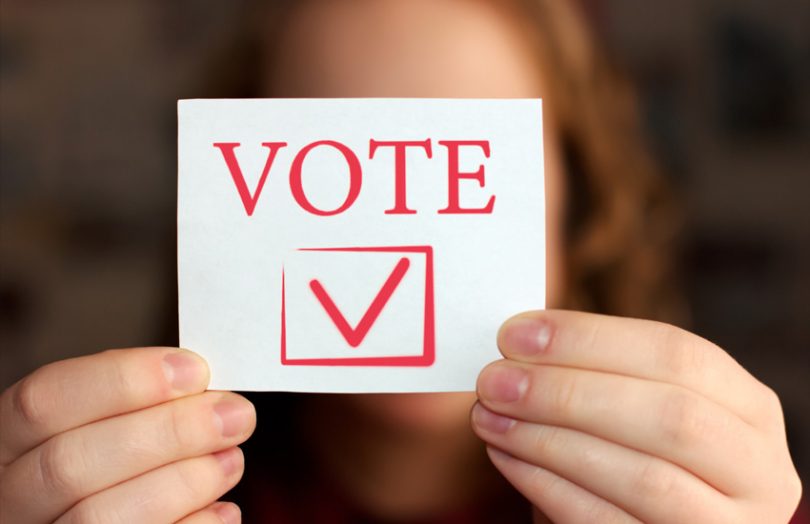Yesterday, blockchain-based voting platform Voatz said it held a virtual convention for the Arizona State Republican Party. The event included live video and telephonic conversations between political representatives and their constituents.
The Republican Party Convention is an event where party members select nominees for the state or presidential elections. Generally, the event is held physically, but the current COVID-19 crisis resulted in the party exploring other options.
Voatz provided its mobile voting platform to the Republican Party of Arizona officials for the May 9 convention. Over 1,100 delegates used the app to cast their votes for a state nominee.
“This is a critical moment for our democracy, and we have to ensure that we have safe alternatives to voting in person. Voatz is proud to be able to meet this need and to ensure the safety and health of its voters,” said Nimit Sawhney, Co-Founder and CEO of Voatz.
Last month, the Utah Republican Party’s Convention used the Voatz app to pick nominees for the State Primary Elections.
Backed by Medici Ventures, the investment arm of Overstock.com, Voatz has developed a blockchain-based mobile election platform. In February, MIT researchers found vulnerabilities in the app, potentially allowing hackers to change votes. However, Voatz slammed the researchers and said that they had reverse-engineered an older version of the application.
Following the news, West Virginia said it would stop using the Voatz app for mobile voting.
“After a careful vetting process, we were confident in Voatz’s ability to support secure and private voting with the added benefit of an immediate confirmation that each delegate’s vote counted,” said Greg Safsten, Executive Director, Republican Party of Arizona.
While the Republican Party has taken steps for remote voting, the Democratic Party is also exploring similar solutions for its presidential convention. Before COVID-19 this would have been considered controversial.
The U.S. Congress is looking at blockchain and other technologies for the remote functioning of its two legislative houses.
Meanwhile, India’s Election Commission is working with the Indian Institute of Technology (IIT) on a blockchain voting system. Swiss city Zug has previously trailed blockchain voting using a digital identity.






